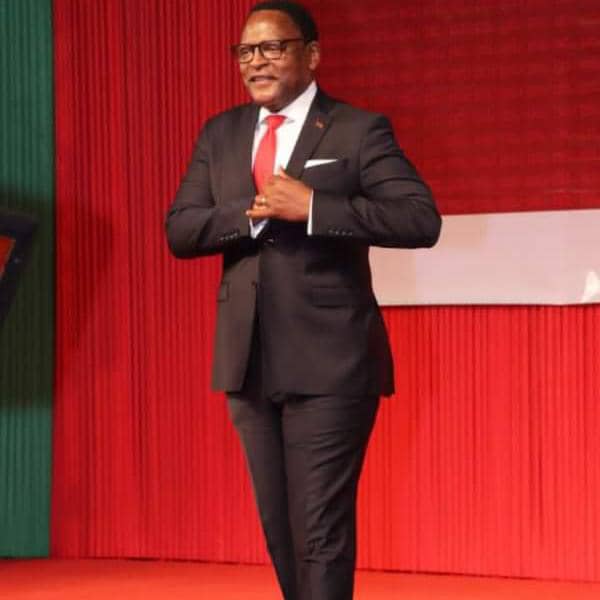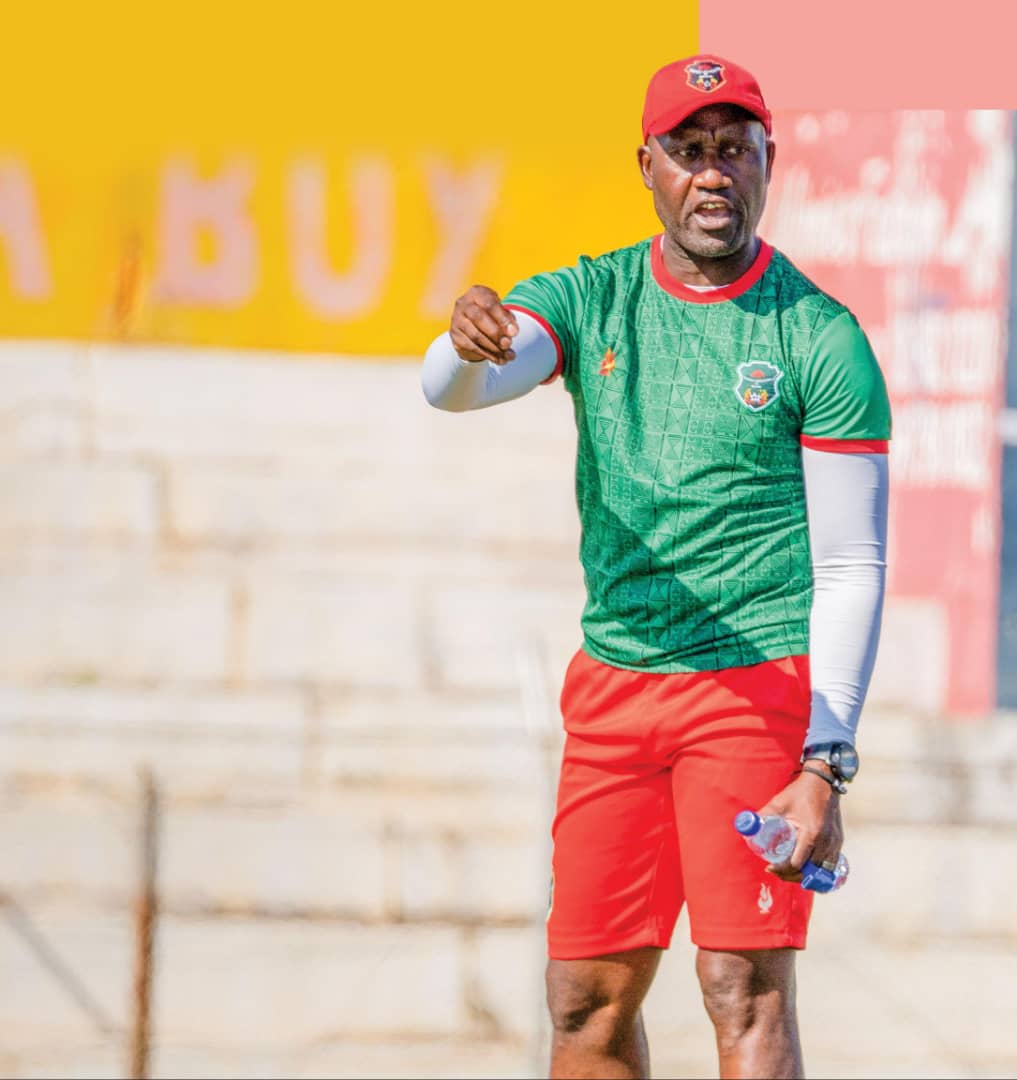By Twink Jones Gadama
The Malawi Congress Party (MCP), the oldest political party in Malawi, has a long and storied history.
Founded by Orton Chirwa, the party has established a strong presence in the central region, particularly among the Chewa people.
However, despite its historical significance and regional strongholds, the MCP has struggled to win national elections, a trend that has persisted since the country’s transition to multiparty democracy in 1993.
A closer examination of the MCP’s electoral performance reveals a worrying trend.
In the 1994 elections, the party secured 33% of the vote, a figure that increased to 45% in 1999.
However, since then, the party’s vote share has declined steadily, with 28% in 2004, 30% in 2009, 27% in 2014, and 35% in 2019.
This decline is all the more striking given the party’s strong presence in the central region.
One of the most significant challenges facing the MCP is its inability to expand its support base beyond its traditional strongholds.
The party’s reliance on the central region, particularly the Chewa people, has limited its ability to appeal to voters in other regions.
This has resulted in the party’s vote share being concentrated in a few areas, rather than being spread more evenly across the country.
Another factor contributing to the MCP’s electoral woes is its failure to adapt to changing political circumstances.
In 2014, the party rebranded and presented a new image, with Lazarus Chakwera, a pastor, as its presidential candidate.
However, despite these efforts, the party failed to win the election, losing to the Democratic Progressive Party (DPP).
In 2019, the MCP formed an alliance with the UTM Party, which helped it to win the election.
The MCP’s struggles are not limited to its national electoral performance.
The party’s representation in parliament has also declined over the years. In 1994, the party had 56 MPs, which increased to 66 in 1999. However, since then, the party’s parliamentary representation has declined, with 57 MPs in 2004, 26 MPs in 2009, 48 MPs in 2014, and 55 MPs in 2019.
Despite these challenges, the MCP remains a significant player in Malawi’s politics.
However, if the party is to regain its former glory, it must adapt to changing political circumstances and expand its support base beyond its traditional strongholds.
In contrast, the DPP, which has been the main opposition party since 2020, has no traditional strongholds but has been able to appeal to voters across the country.
The party’s ability to adapt to changing circumstances and its willingness to engage with voters have made it a formidable force in Malawi’s politics.
As the country prepares for the 2025 elections, the MCP must reflect on its past performance and adapt its strategy to appeal to a broader range of voters.
Failure to do so may result in the party’s continued decline, a prospect that would have significant implications for Malawi’s politics.



